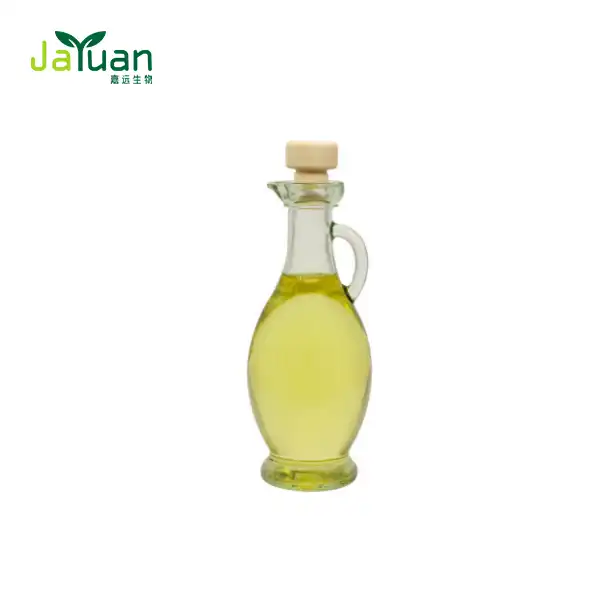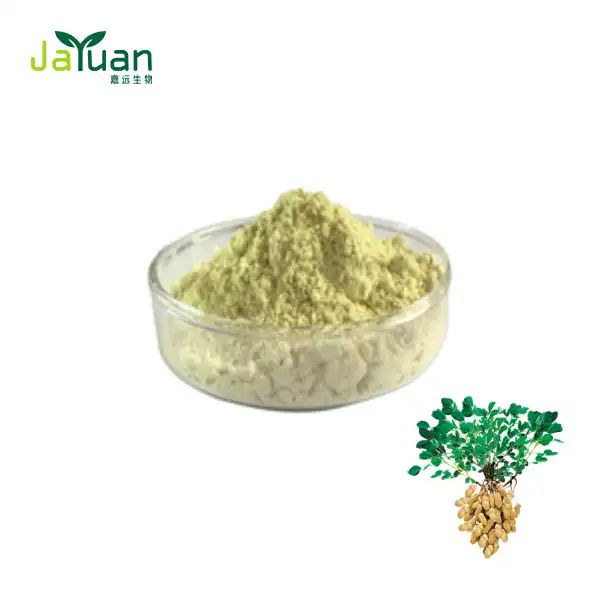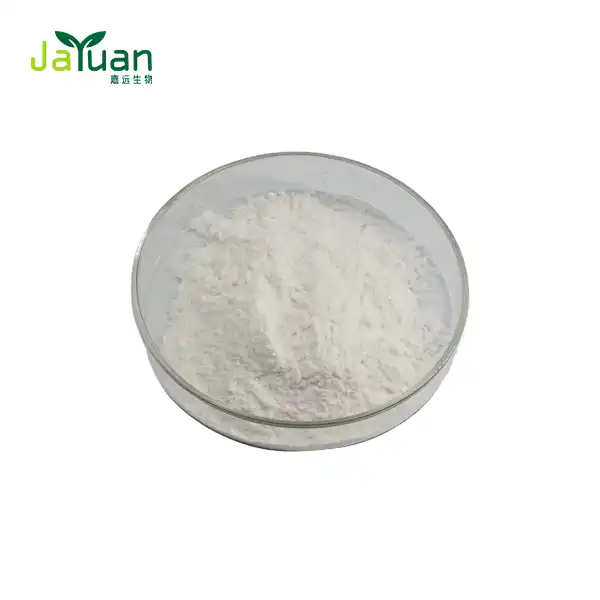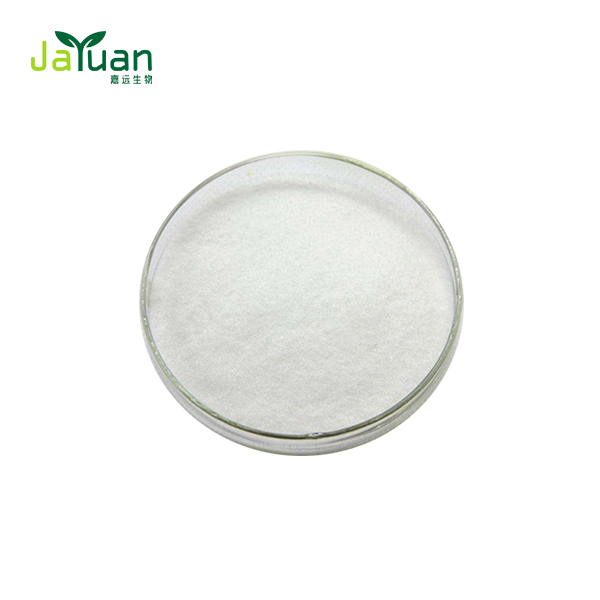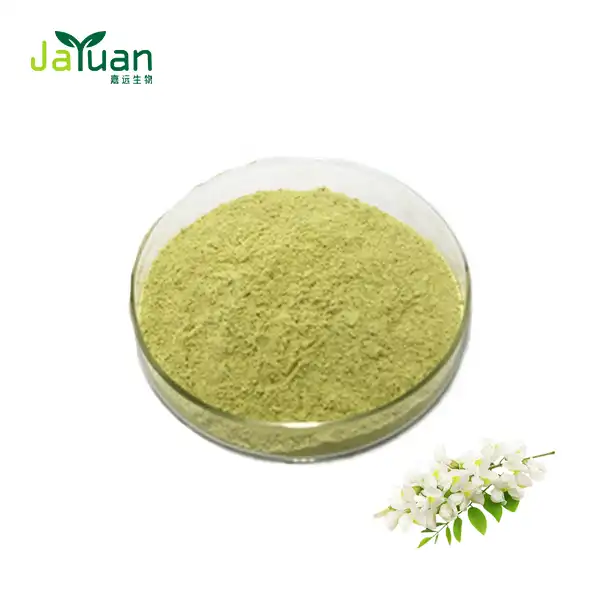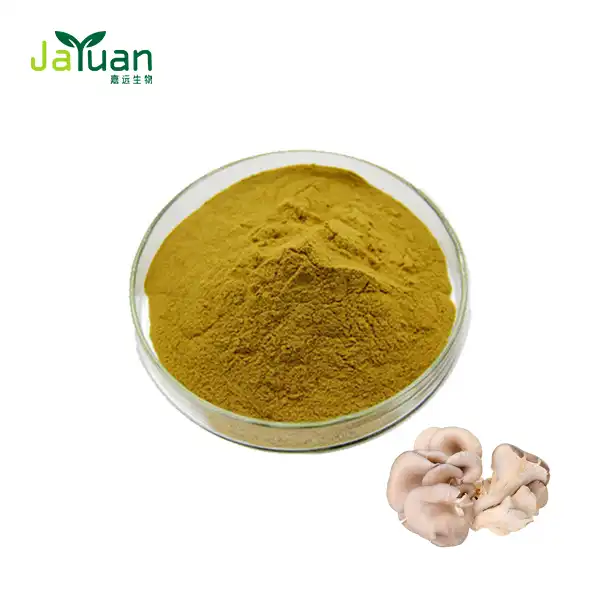Can notoginseng saponins improve cardiovascular function?
Cardiovascular health is a growing concern globally, with many people seeking natural ways to support their heart and circulatory system. Among the various botanical extracts gaining attention, notoginseng saponins have emerged as a promising option. These compounds, derived from the Panax notoginseng plant, have been the subject of numerous studies exploring their potential benefits for cardiovascular function. In this article, we'll delve into the scientific evidence behind notoginseng saponins and their impact on heart health, blood pressure, and overall cardiovascular well-being.

Clinical Evidence: Notoginseng Saponins' Impact on Heart Health Parameters
Research into the effects of notoginseng saponins on cardiovascular function has yielded intriguing results. Several clinical studies have investigated how these compounds may influence various aspects of heart health.
A meta-analysis of randomized controlled trials examined the effects of notoginseng saponins powder on patients with unstable angina pectoris. The findings suggested that notoginseng saponins, when used in conjunction with conventional treatments, may help reduce the risk of cardiac events and alleviate symptoms associated with angina.
Another study focused on the impact of notoginseng saponins on blood lipid profiles. Researchers observed improvements in total cholesterol and LDL-cholesterol levels among participants who consumed notoginseng saponin supplements over a 12-week period. These changes in lipid parameters are often associated with better cardiovascular health outcomes.
Endothelial function, which plays a crucial role in maintaining healthy blood vessels, has also been a subject of interest in notoginseng saponin research. A clinical trial involving middle-aged and older adults found that regular consumption of notoginseng saponins led to improvements in flow-mediated dilation, a marker of endothelial health.
While these results are promising, it's important to note that more extensive research is needed to fully understand the long-term effects and optimal dosages of notoginseng saponins for cardiovascular support. As with any supplement, individuals should consult with healthcare professionals before incorporating notoginseng saponins into their wellness routine.
How Notoginseng Saponins Support Healthy Blood Pressure Levels
Maintaining healthy blood pressure is crucial for overall cardiovascular health. Notoginseng saponins have shown potential in supporting normal blood pressure levels through various mechanisms.
One way notoginseng saponins may influence blood pressure is by promoting vasodilation. Research suggests that these compounds can help relax blood vessels, potentially leading to improved blood flow and reduced pressure on arterial walls. This vasodilatory effect may be particularly beneficial for individuals looking to maintain healthy blood pressure levels within the normal range.
Additionally, notoginseng saponins have been studied for their potential to modulate the renin-angiotensin-aldosterone system (RAAS). The RAAS plays a significant role in regulating blood pressure, and some studies indicate that notoginseng saponins may help maintain a healthy balance within this system.
Oxidative stress and inflammation are known contributors to cardiovascular issues, including elevated blood pressure. Notoginseng saponins have demonstrated antioxidant and anti-inflammatory properties in preclinical studies. By potentially reducing oxidative stress and inflammation, these compounds may indirectly support healthy blood pressure levels.
It's worth noting that while these mechanisms are promising, the effects of notoginseng saponins on blood pressure can vary among individuals. Factors such as overall health, diet, lifestyle, and genetic predisposition all play roles in blood pressure regulation. Therefore, notoginseng saponins should be viewed as a potential supportive measure rather than a standalone solution for blood pressure management.

Comparative Analysis: Notoginseng vs. Hawthorn for Cardiovascular Benefits
When exploring natural options for cardiovascular support, it's helpful to compare different botanical extracts. Notoginseng and hawthorn are two popular choices, each with its own unique profile of potential benefits.
Notoginseng saponins, as discussed earlier, have shown promise in supporting various aspects of cardiovascular health, including blood lipid management, endothelial function, and potentially blood pressure regulation. The saponins found in notoginseng are believed to be the primary active compounds responsible for these effects.
Hawthorn, on the other hand, has a long history of use in traditional medicine for heart health. It contains a different set of bioactive compounds, including flavonoids and oligomeric procyanidins. Research on hawthorn has focused on its potential to support heart function, particularly in cases of mild to moderate heart concerns.
When comparing the two, it's important to consider their mechanisms of action. Notoginseng saponins appear to have a broader range of effects on cardiovascular parameters, including potential benefits for blood lipids and vascular function. Hawthorn, while also supportive of cardiovascular health, seems to have a more specific focus on heart muscle function and coronary blood flow.
In terms of research, both notoginseng and hawthorn have been subjects of numerous studies. However, the body of clinical evidence for hawthorn's cardiovascular effects is currently more extensive, particularly in the context of mild heart concerns. Notoginseng saponins, while promising, are still an area of active research with many ongoing studies aiming to fully elucidate their benefits and optimal uses.
It's also worth noting that the safety profiles of these botanicals differ. Hawthorn has a well-established safety record when used as directed, with minimal reported side effects. Notoginseng saponins powder, while generally considered safe, may have potential interactions with certain medications, particularly those affecting blood clotting. As always, consultation with a healthcare provider is essential before adding any new supplement to one's regimen.
Ultimately, the choice between notoginseng and hawthorn (or the decision to use both) depends on individual health needs, goals, and the guidance of healthcare professionals. Both extracts offer unique potential benefits for cardiovascular support, and ongoing research continues to uncover new insights into their mechanisms and applications.
In conclusion, notoginseng saponins present an intriguing option for those seeking natural cardiovascular support. While research is ongoing, the current evidence suggests potential benefits for heart health parameters, blood pressure regulation, and overall cardiovascular function. As with any supplement, it's crucial to approach notoginseng saponins as part of a holistic approach to cardiovascular wellness, which includes a healthy diet, regular exercise, and proper medical care.
Are you interested in learning more about notoginseng saponins and other plant extracts for cardiovascular support? Xi'an Jiayuan Bio-Tech specializes in high-quality, natural plant extracts tailored to your needs. Contact us at sales@jayuanbio.com, sales1@jayuanbio.com for more information on how our products can support your health and wellness goals.
References
1. Wang J, et al. (2019). Panax notoginseng saponins for treating coronary artery disease: A systematic review and meta-analysis of randomized controlled trials. Journal of Ethnopharmacology, 234, 212-222.
2. Yang X, et al. (2020). The protective effects of Panax notoginseng saponins on cardiovascular disease: A comprehensive overview of experimental studies. Evidence-Based Complementary and Alternative Medicine, 2020, 5430843.
3. Liu Y, et al. (2018). Panax notoginseng saponins attenuate atherosclerosis via reciprocal regulation of lipid metabolism and inflammation by inducing liver X receptor alpha expression. Journal of Ethnopharmacology, 225, 192-201.
4. Chen S, et al. (2017). Panax notoginseng saponins improve cardiac function in rats with myocardial infarction by regulating the cardiac renin-angiotensin system. Experimental and Therapeutic Medicine, 14(5), 4763-4770.
5. Shang W, et al. (2016). Ginsenoside Rb1 promotes adipogenesis in 3T3-L1 cells by enhancing PPARγ2 and C/EBPα gene expression. Life Sciences, 146, 52-58.
6. Zhang Y, et al. (2021). Panax notoginseng saponins improve cardiac function through regulating energy metabolism in heart failure rats. Biomedicine & Pharmacotherapy, 134, 111120.

